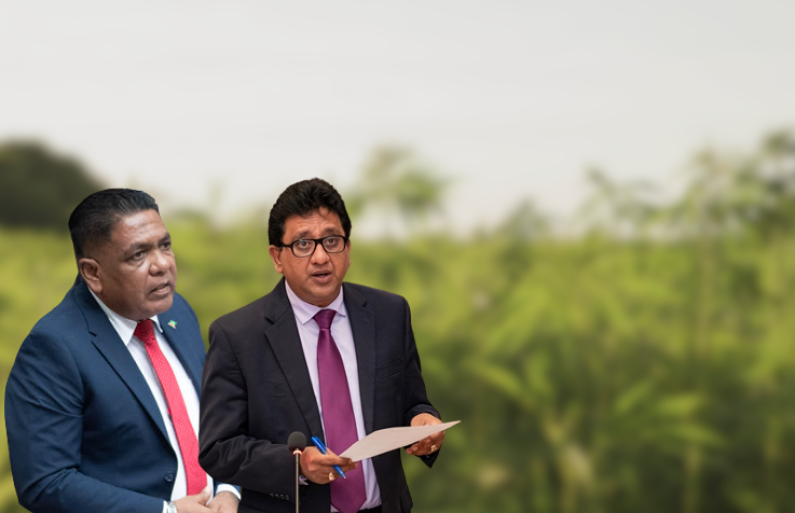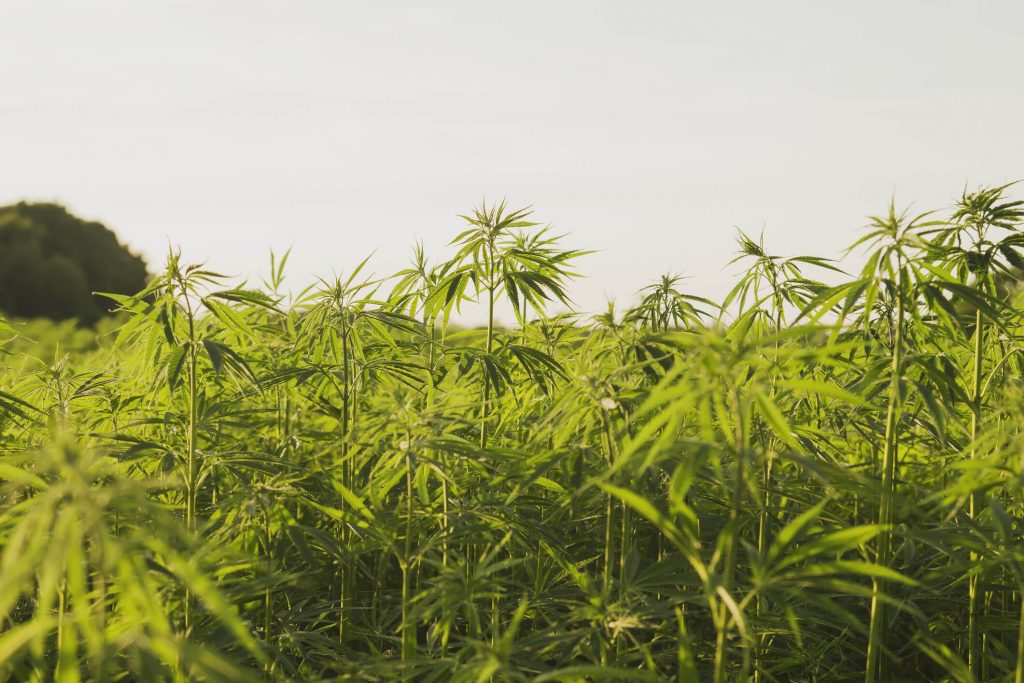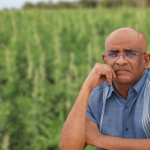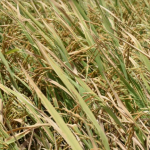
The cultivation of industrial hemp will commence in Region Six (East Berbice-Corentyne) and Region 10 (Upper Demerara-Berbice), the Attorney General and Minister of Legal Affairs, Anil Nandlall announced as the National Assembly passed the Industrial Hemp Bill last evening in a historic move.
Hemp is part of the marijuana family, but is mostly grown for medicinal and commercial purposes.
Under the legislation, industrial hemp is considered to be any plant of the genus cannabis with a delta-9 tetrahydrocannabinol concentration of not more than 0.3 percent on a dry weight basis.
Globally, the industrial hemp market is valued at an estimated US$4.13 Billion, and it’s the Government’s intention to tap into this market as it seeks to further diversify the country’s economic base and simultaneously pursue its Low Carbon Development Strategy (LCDS).
With local and international investors already knocking at its door, the Government, the Attorney General said, has identified Regions Six and 10 for the commencement of hemp cultivation and production.
“Why Mr Speaker? Because these are two regions that can be considered depressed and that can be considered regions that we need to stimulate employment and economic activities,” he explained to the House on Monday evening.
The Attorney General noted that there are a number of large companies, including conglomerates in North America that are anxiously awaiting the enactment of the Bill.
It was noted that aside from its economic benefits, industrial hemp has tremendous environmental and health benefits. It was pointed out that industrial hemp is a clean, renewable resource that produces a net negative in relation to carbon emissions when planted.
“It absorbs carbon dioxide and releases oxygen into the atmosphere with one acre of hemp being able to absorb over 22 tons of carbon dioxide. When harvested, it replaces more polluting materials in the manufacturing industry and provides alternatives for sustaining the environment. For example, in the paper industry, it can prevent deforestation with its high rate of recultivation making it an obvious environmental choice over the use of trees for the manufacturing of paper,” the Legal Affairs Minister explained.

Medically, low levels of TCH are used in medicines to relieve the symptoms of chronic pain, vomiting and nausea associated with chemotherapy.
THE LEGISLATIVE FRAMEWORK
Minister of Agriculture Zulfikar Mustapha, who presented the Bill to the National Assembly, was also keen on pointing out the economic benefits of hemp production in the country.
“Hemp production in Guyana is a win, win situation for all the players involved. For the grower, it will be a source of income generation and job creation. For the consumers, it would have significant benefits, and for the broader economy, it would be a valuable source of foreign exchange, especially in the context of economic diversification,” the Agriculture Minister reasoned.
While the legislation decriminalizes the production of hemp with a THC level that is less than 0.3%, the Agriculture Minister said the bill clearly distinguishes hemp from marijuana and creates a legislative framework to effectively regulate the local industry.
As such, the Industrial Hemp Bill provides for the establishment of a body corporate – the Guyana Industrial Hemp Regulatory Authority and a governing board.
To ensure consideration is given to public health safety, agriculture and commerce, the board, when constituted, will comprise representatives from the Ministry of Agriculture, the Ministry of Health, the Ministry of Home Affairs, the Guyana Forensic Science Laboratory and the Private Sector Commission.
The board will be chaired by a Minister of Agriculture nominee.
According to Part II, Section 6, the authority would be responsible for the consideration of application for the issuance or refusal of licenses, the suspension or revocation of licences granted and prescribing of quotas for the cultivation of industrial hemp by each licensee.
Part III of the bill makes it illegal for anyone to cultivate or manufacture industrial hemp, produce hemp related products or conduct research on industrial hemp without a licence issued by the authority. Cultivation licence would be valid for a period of three years while manufacturing licence would have a life of 15 years. Failure to secure the requisite licence will result in a summary conviction and a fine of $500,000 and one year imprisonment.
The Agriculture Minister noted that careful attention would be placed on zoning with the issuance of licenses.
“In designating such area, consideration shall be given to the suitability of the area, the risk of diversion, the risk of contamination, economic decentralization, and the proximity to educational institutions, public places and residential areas frequented by children. This is to ensure that any negative impact will be mitigated. As such, prospective locations that would be identified would have significant amount of acreage,” he explained while adding that vulnerable communities with unemployment issues would be targeted.
Deputy Speaker and Representative of the Joinder parties list, Lenox Shuman, who was the lone opposition member in the House, in welcoming the bill said it means well for the country’s Low Carbon Development Strategy.
Shuman said hemp cultivation and production would help to reduce the country’s dependency on harvesting trees from the forest. He also spoke of the other benefits of hemp in the construction industry among other sectors.
He, however, urged that the Government to put the requisite systems in place to ensure that indigenous communities have equal access to all the facilities necessary to facilitate hemp cultivation and production, including licenses.











You must be logged in to post a comment Login